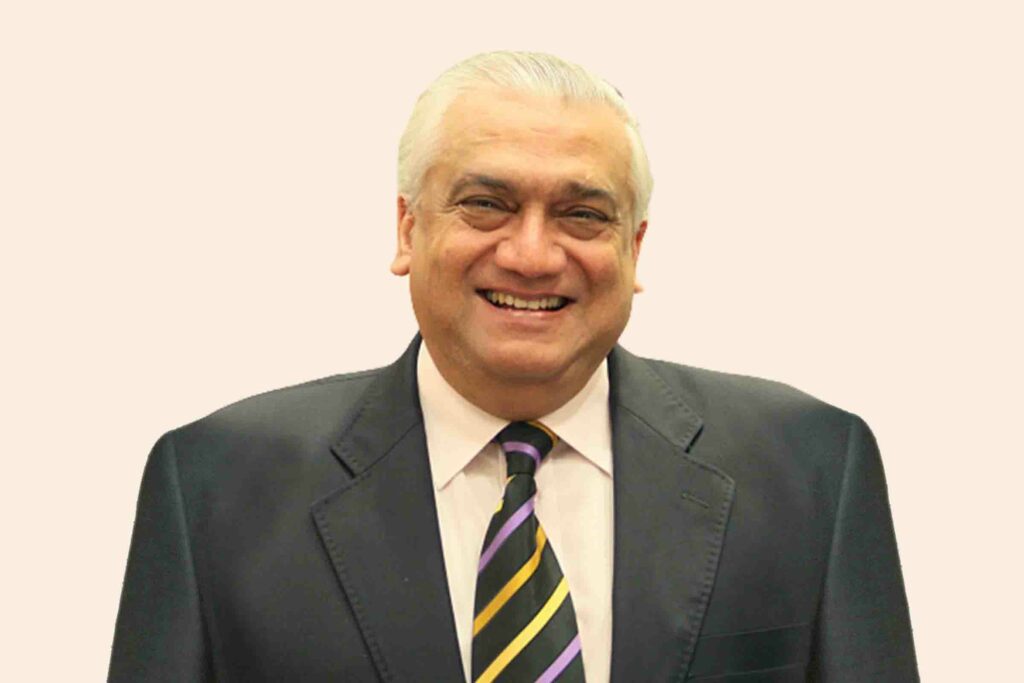
There appears to be a temporary lull on the military and political fronts in Syria, suggesting that the principal actors are using this period to prepare for the major battles to come.
Idlib is at the center of the impending storm. Turkey has boosted its military forces to about 12,000 in 140 bases across the Idlib province. It is also training rebel cadres at 150 camps, while working closely with the militants from Hayat Tahrir Al-Sham (HTS), who control most of the city and its environs, while contending with the Al-Qaeda-affiliated militants from the former Al-Nusra Front.
Following the cease-fire agreement with Russia in March this year, Russian and Turkish troops had been patrolling the M4 highway that connects Aleppo with Latakia on the Mediterranean coast. However, militants, fearing they were covering up government preparations for an assault, began to attack them. Their fears were well-founded: The Assad regime has been carrying out heavy bombardment on the province, while its ground forces have also been strengthened.
Turkey has also consolidated itself in north-eastern Syria. In October 2019, under “Operation Peace Spring,” its troops created an enclave between Ras Al-Ayn and Tell Abyad, which constitutes a buffer zone between Turkey and the areas under Kurdish control to the south. This enclave has been integrated politically and economically with the Turkish provinces across the border.
The recent fighting in Nagorno-Karabakh has provided a fresh opportunity for Turkey’s military outreach. Ankara is said to have deployed about 1,500 Syrian militants to join Azeri forces. Most of these militants have been lured by the promise of monthly salaries of about $1,500. On Oct. 5, it was reported that 50 of these Syrian fighters had been killed.
Russia, the other major player on the Syrian stage, completed five years in the country last month. Motivated by a desire to prevent externally sponsored regime change, Russia has served its interests well: Its military has protected the Assad regime and given it control over about 65 percent of the country. Moscow is also fighting the remnants of Daesh in Syria’s large desert areas.
With bases in Syria and a leading role in Libya and the Mediterranean, Russia has successfully projected its great power position. Its major effort now is diplomatic: Moscow is the principal arbiter of security for regional leaders who solicit a Russian role to safeguard their interests.
The third actor in Syria is the US. It is keeping a rump force of about 500 soldiers in the Kurdish-controlled areas to ensure the oil wells in the region do not go back to government control, while seeking to restrain the expansion of Iranian influence. On the military side, its principal effort is to track and eliminate extremist leaders with the help of drones; in recent months, a number of prominent Al-Qaeda-affiliated leaders in Syria have been killed.
On the diplomatic front, the US is attempting to bring the various Kurdish factions together. On Sept. 20, Washington’s Special Representative for Syria Engagement James Jeffrey organized a meeting of all factions, which announced the setting up of the “Supreme Kurdish Reference” that is tasked with developing a vision and strategy to realize its long-term interests.
Iran is the oldest supporter of the Assad regime and has provided its own militia from the Quds Force and other fighters from neighbouring countries to protect the government. While it has close bilateral ties with Turkey, it disagrees with the latter’s aim of maintaining a long-term military presence in Syria. Iranian-backed fighters are with the government’s forces outside Idlib and will play a major role if fighting occurs.
Arab countries are gradually reaching out to Syria, with the Omani ambassador returning to his post in early October. The UAE and Bahrain had previously reopened their missions in Syria. Concerns relating to the expansion of Turkey’s presence in Syria have spurred Arab interest in rebuilding ties with Damascus. Egypt has been particularly active in maintaining high-level official interactions.
It is very likely the two-year stalemate relating to Idlib will end in a Russia-backed Syrian government assault.
What, then, is the short-term prognosis for Syria? It is very likely that the two-year stalemate relating to Idlib will end in a Russia-backed Syrian government assault. This promises to be a long and bloody struggle, with heavy civilian casualties. If Turkey does not detach itself from the HTS, there could even be direct encounters between its forces and those of the government, with heavy Russian military involvement. Given that this will create a deep divide with Russia and thus jeopardize Turkey’s neo-Ottoman outreach across the region — to Iraq, Syria, Libya, Nagorno-Karabakh and the Mediterranean — it is likely that it will opt for caution and not obstruct the attack.
The other matter that relates to the Kurds will require a leading Russian diplomatic role to win their confidence and obtain agreements that will ensure Turkish security as well as Syrian national unity and Kurdish autonomy. This will provide the opportunity to shape a new political beginning for the country.
The future of Syria is uncertain. The coming weeks could either see carnage or herald a new dawn for this war-ravaged and traumatized country.
Talmiz Ahmad is an author and former Indian ambassador to Saudi Arabia, Oman and the UAE. He holds the Ram Sathe Chair for International Studies, Symbiosis International University, Pune, India.

